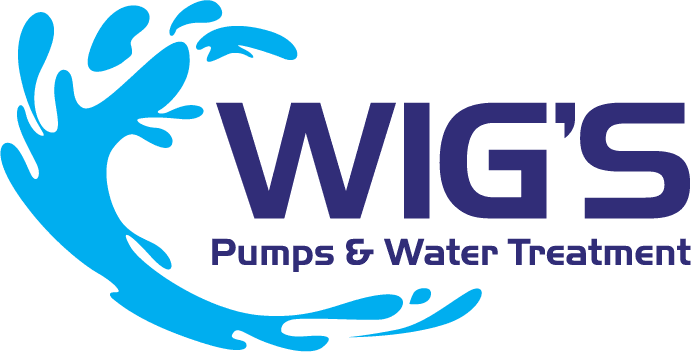Unlocking Efficiency: The Future of Water Pumps Solutions for Sustainable Industries
As industries strive for enhanced efficiency and sustainability, the focus on innovative water pumps solutions has become paramount. According to a report by the International Water Association, approximately 20-30% of global energy consumption in the water sector is attributed to pumping systems, highlighting the need for better practices and technologies. The rise of smart water management systems, coupled with advances in pump design and materials, points towards substantial potential for energy savings and reduced operational costs. In fact, the U.S. Department of Energy estimates that implementing optimized water pumps solutions can lead to reductions in energy use by up to 50%. This emphasizes the critical role of these systems in supporting not only industrial productivity but also ecological sustainability, making them an indispensable part of future industry strategies.
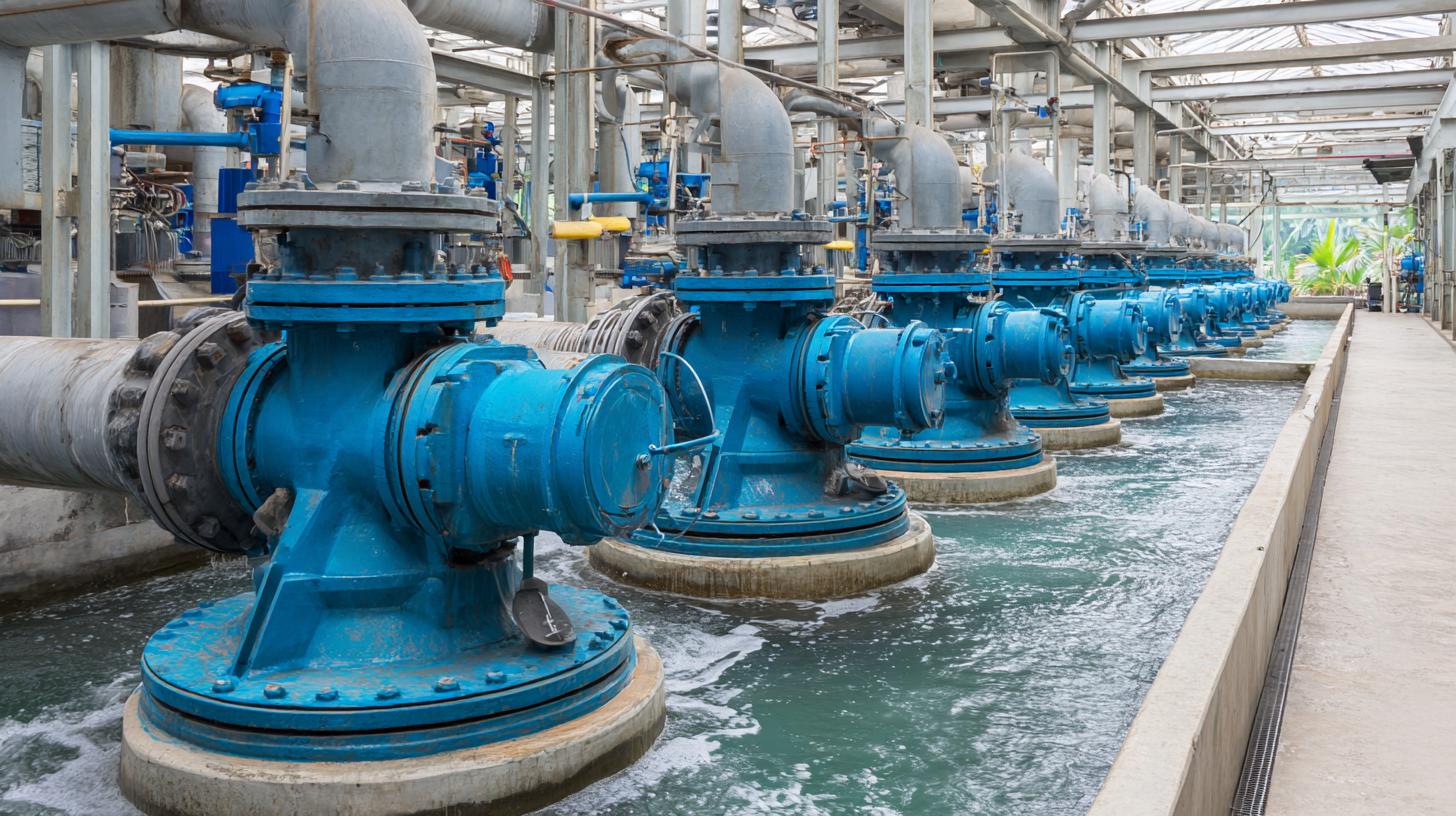
The Role of Innovative Pump Technologies in Reducing Water Waste
As industries increasingly prioritize sustainability, innovative pump technologies play a crucial role in minimizing water waste and enhancing efficiency. The home water pump market is projected to grow from $18.58 billion in 2024 to $26.92 billion by 2032, representing a robust CAGR of 4.8%. This surge illustrates the growing demand for efficient pump solutions that not only conserve water but also reduce operational costs for various sectors.
Recent advancements in pump technology, such as smart metering systems and energy-efficient designs, contribute significantly to water waste reduction. These innovations allow for real-time monitoring and optimization, ensuring that water usage is aligned with actual needs. Investing in such technologies can help industries meet regulatory standards while simultaneously promoting a culture of sustainability.
**Tips:** To further enhance water efficiency, consider implementing regular maintenance schedules for your water pump systems to prevent leaks and inefficiencies. Additionally, explore the use of variable speed pumps that adjust flow rates based on demand, which can significantly lower energy consumption and water waste in operations. Embracing these strategies can lead to a more sustainable and economically viable future for industries reliant on water resource management.
Sustainable Designs: Eco-Friendly Materials in Water Pump Manufacturing
As industries strive for sustainability, the incorporation of eco-friendly materials in water pump manufacturing is becoming increasingly critical. Manufacturers are now exploring sustainable designs that not only reduce environmental impact but also enhance the efficiency and longevity of their products. By utilizing recycled metals, biodegradable plastics, and renewable composites, companies can create water pumps that minimize waste and conserve energy throughout their lifecycle.
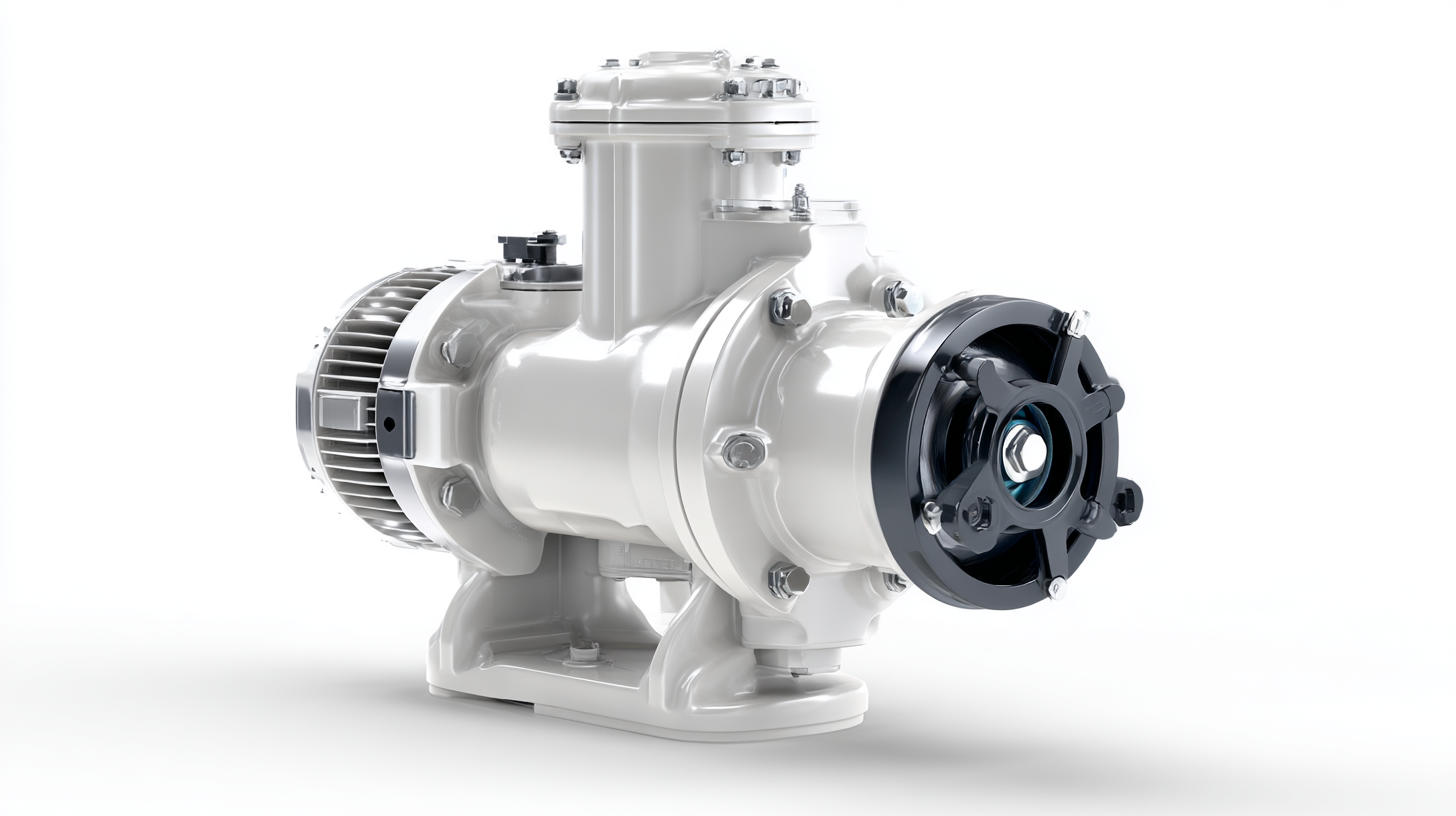
Moreover, sustainable designs in water pump solutions often integrate innovative features that promote efficiency. For example, using lightweight materials can reduce energy consumption during operation and transportation, while advanced manufacturing techniques can optimize production processes, reducing carbon footprints. The shift towards eco-friendly materials not only benefits the environment but also aligns with consumer demands for greener technologies, positioning companies as leaders in a competitive market focused on sustainability.
Smart Pump Management Systems for Optimizing Energy Usage
The future of water pump solutions in sustainable industries is increasingly being shaped by smart pump management systems that optimize energy usage. These innovative systems integrate advanced technologies such as artificial intelligence (AI) and machine learning, allowing for real-time monitoring and management of energy consumption. By leveraging data analytics, these systems can identify inefficiencies, optimize pump operation, and reduce energy costs while maintaining performance. This shift towards intelligent management not only enhances operational efficiency but also contributes to sustainability goals by minimizing waste and lowering carbon footprints.
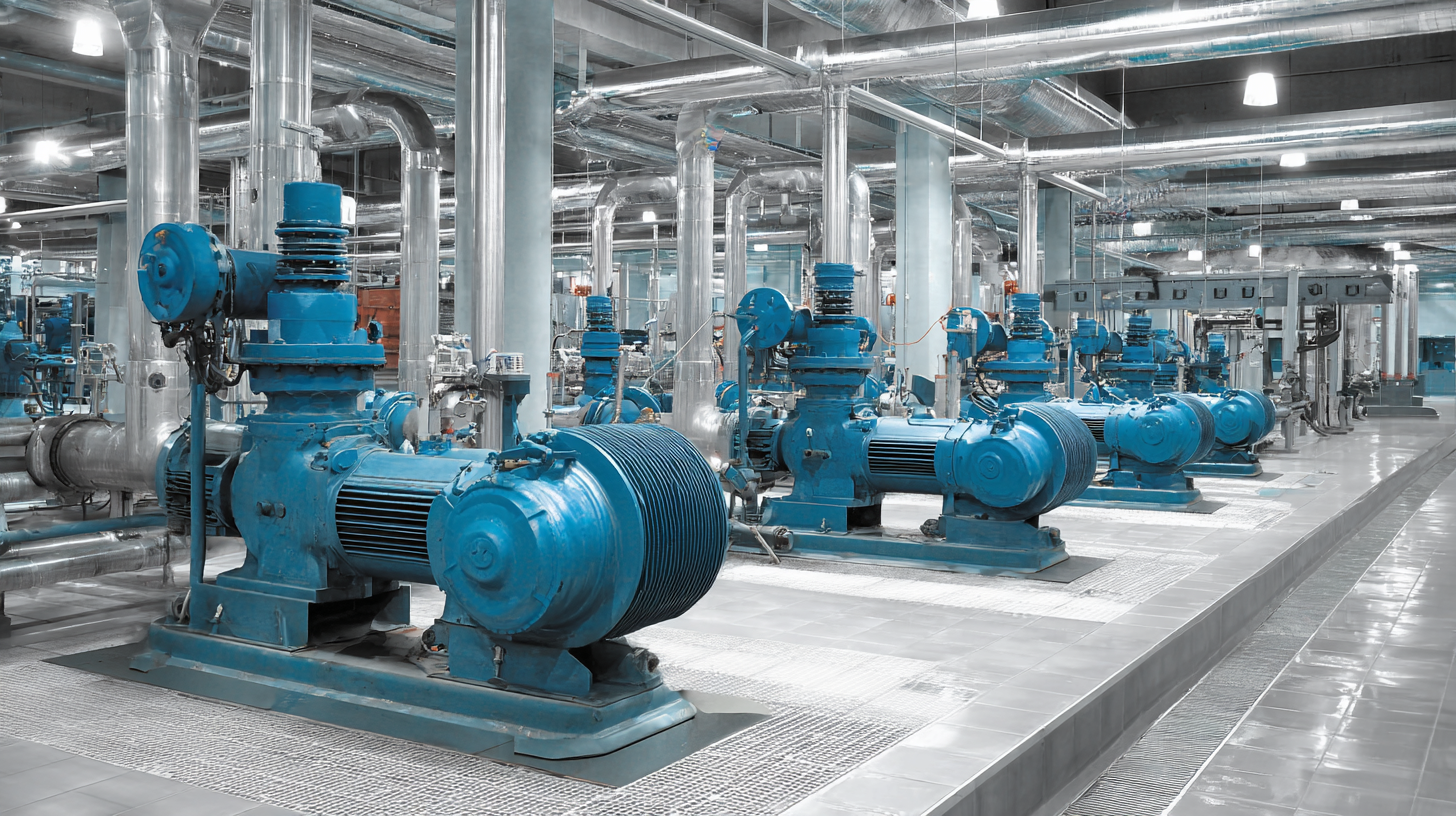
Furthermore, new developments in energy management solutions reveal the transformative potential of applying intelligent algorithms to energy systems. For instance, the implementation of amended optimization methods enables more precise forecasting and control of energy needs in various applications, from residential to industrial settings. This optimization is crucial for adapting to variable energy demands, particularly in remote communities with limited resources. By prioritizing energy efficiency and sustainable practices, the integration of smart technologies in water pump solutions represents a significant advancement towards a greener future in industry.
The Impact of Advanced Analytics on Water Pump Efficiency
Advanced analytics is transforming the landscape of water pump solutions in sustainable industries by enhancing efficiency and optimizing performance. By leveraging data-driven insights, industries can monitor and assess the operational conditions of water pumps in real-time. This allows for immediate adjustments and predictive maintenance, significantly reducing downtime and preventing costly failures. Through the implementation of advanced algorithms, businesses can analyze historical performance data and identify patterns, leading to more informed decision-making and resource allocation.
Moreover, the integration of IoT devices into water pump systems means that data collection is continuous and exhaustive. This data can be processed to reveal inefficiencies or bottlenecks in the pumping system, enabling targeted interventions that improve energy usage and reduce waste. As sustainability becomes a critical focus for industries worldwide, harnessing advanced analytics not only supports compliance with environmental regulations but also contributes to overall operational resilience. The future of water pump solutions lies in the synergy of technology and analytics, paving the way for smarter, more efficient water management practices.
Unlocking Efficiency: The Future of Water Pumps Solutions for Sustainable Industries
| Pump Type | Efficiency (%) | Energy Consumption (kWh) | Water Flow Rate (m³/h) | Advanced Analytics Utilization |
|---|---|---|---|---|
| Centrifugal Pump | 85 | 150 | 120 | Predictive Maintenance |
| Submersible Pump | 80 | 200 | 100 | Real-time Monitoring |
| Positive Displacement Pump | 90 | 120 | 150 | Data Analytics for Optimization |
| Diaphragm Pump | 75 | 180 | 90 | Flow Rate Optimization |
Integration of Renewable Energy Sources in Water Pump Operations
The integration of renewable energy sources into water pump operations marks a transformative step towards sustainability in various industries. By harnessing solar, wind, and hydroelectric power, businesses can significantly reduce their reliance on fossil fuels, leading to lower operational costs and minimized carbon footprints. For instance, solar-powered water pumps can deliver essential irrigation services in agriculture, particularly in remote locations where grid connectivity is limited.
Moreover, the combination of renewable energy with advanced pump technologies enhances the overall efficiency of water distribution systems. Smart sensors and controllers can optimize pump performance based on real-time energy availability, ensuring that water supply meets demand without unnecessary energy consumption. This synergy between renewable energy and water pump operations not only supports environmental goals but also fosters resilience against energy price fluctuations, offering a reliable and sustainable solution for industries striving for operational excellence in the face of climate change challenges.
Related Posts
-

Exploring the Essential Role of Water Systems in Sustainable Urban Development and Climate Resilience
-
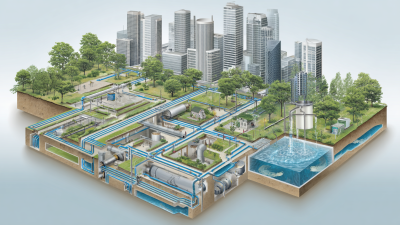
Innovative Water System Solutions for Sustainable Urban Development
-

Transform Your Life with the Ultimate Water System: Discover Healthier Hydration Today!
-

Exploring Innovative Wildfire Water Solutions to Protect Our Communities and Environment
-
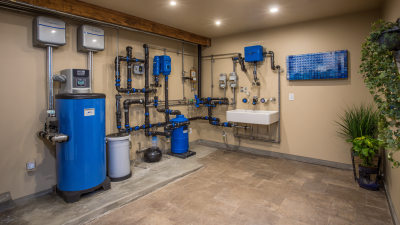
Innovative Water Treatment Systems for Sustainable Solutions in Your Home
-

How Water Systems Impact Sustainability and Our Future Living Environments
